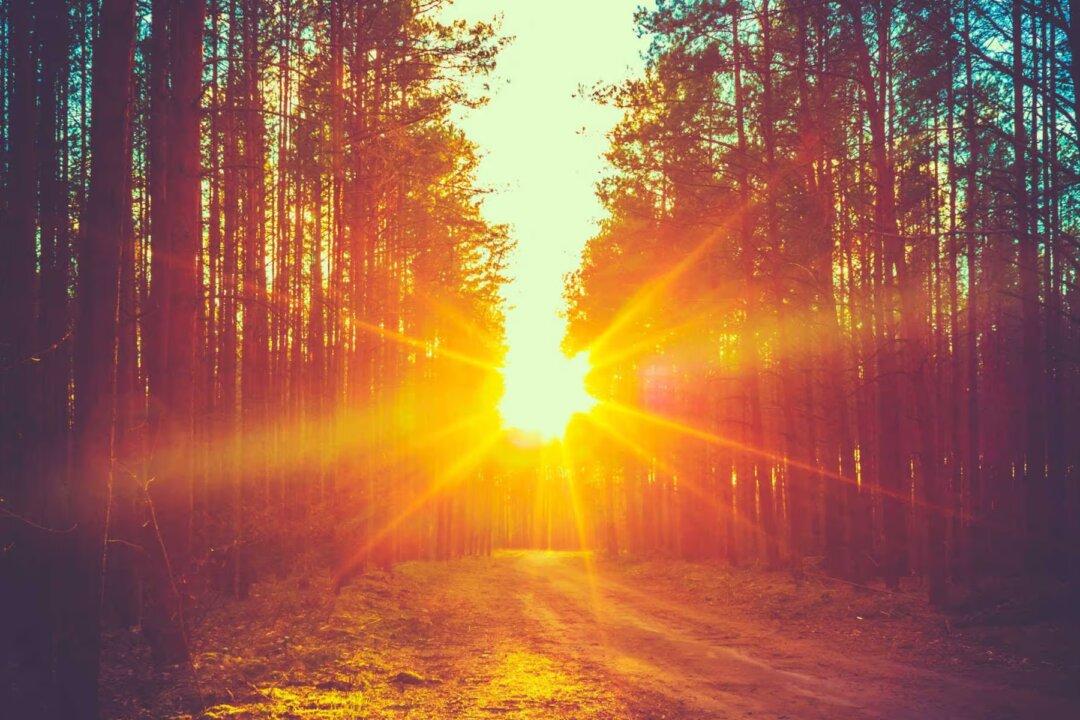Commentary
March 17, 2020, was the first day of the end of civilized life, the one for which Western peoples had been fighting for one thousand years. It was the first full day following the lockdowns that ended all rights and liberties, including even the right to have friends for dinner or go to community worship services or attend or hold weddings and funerals.





